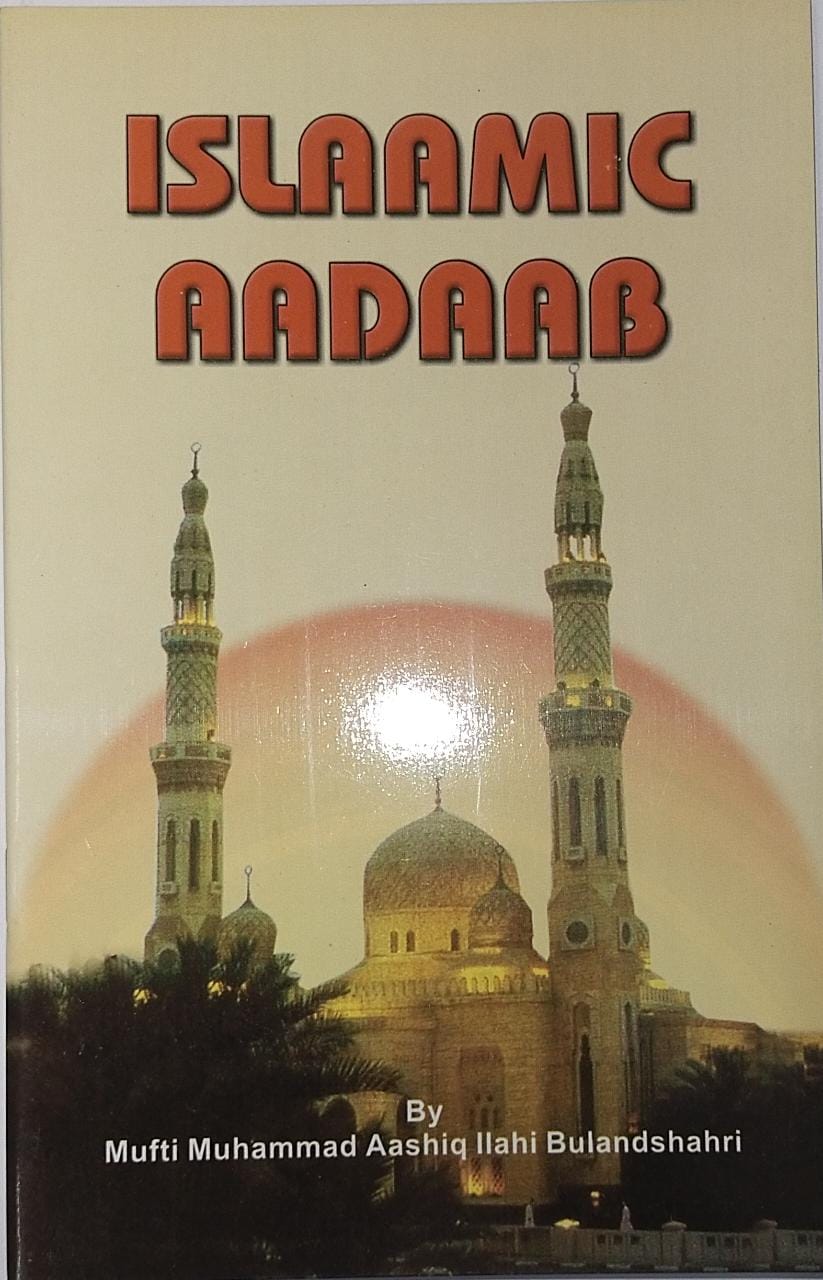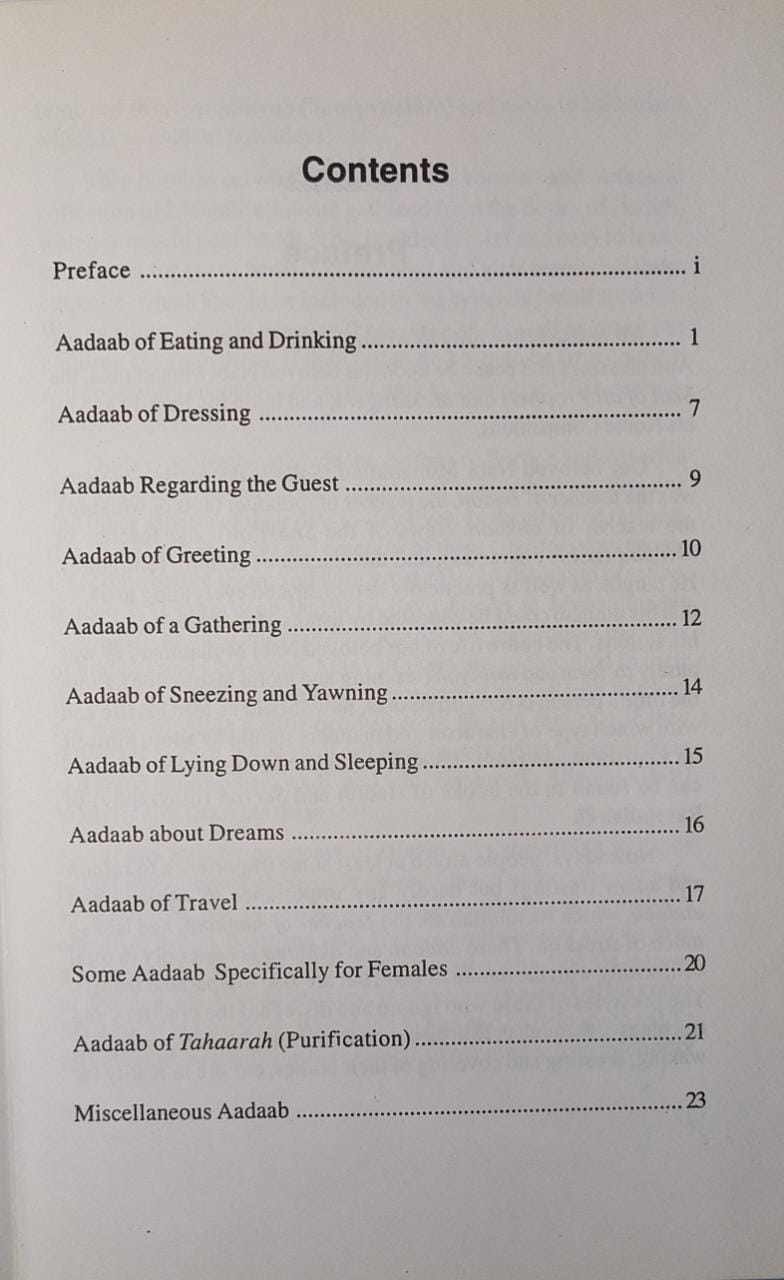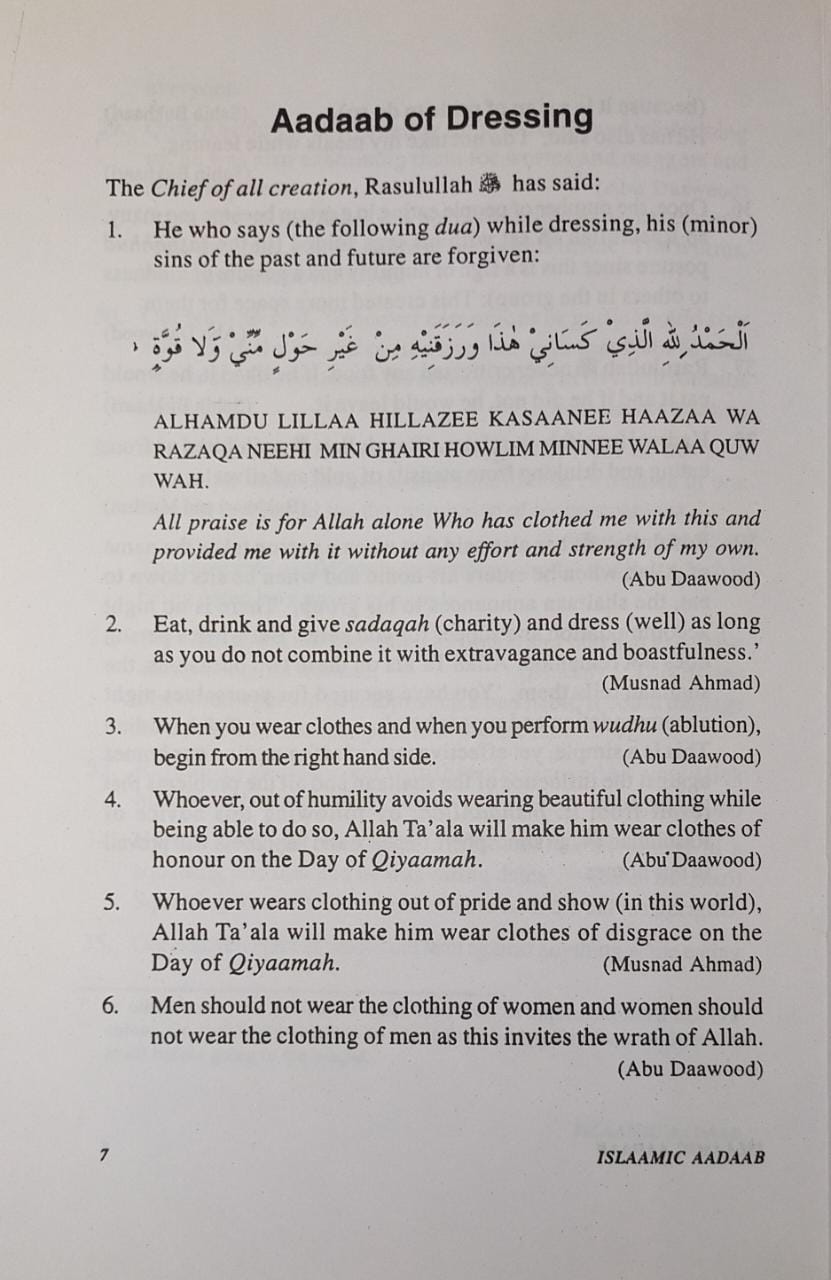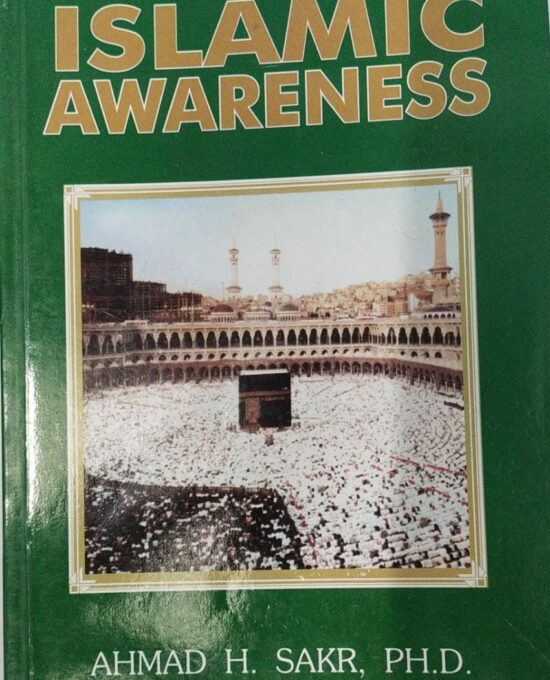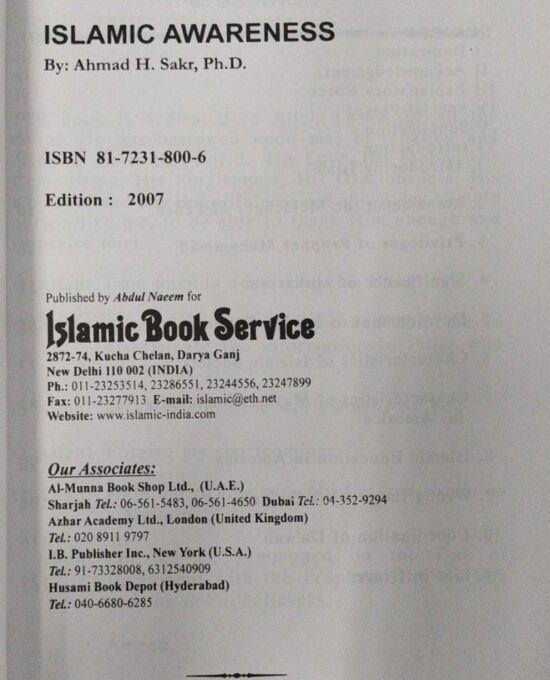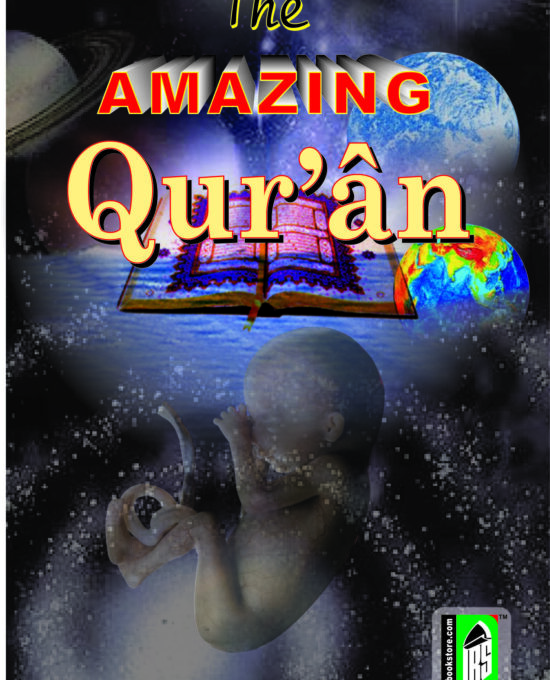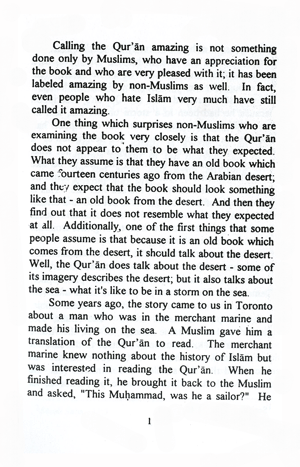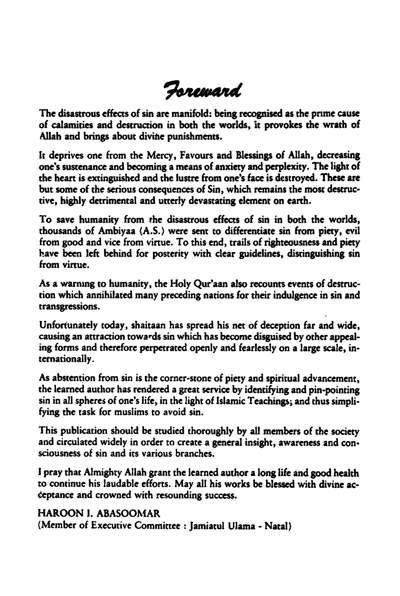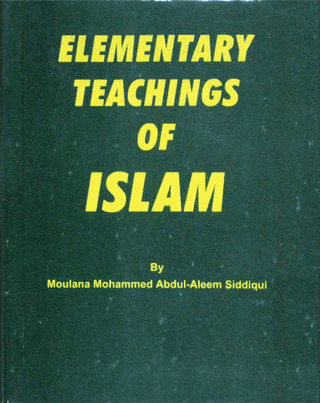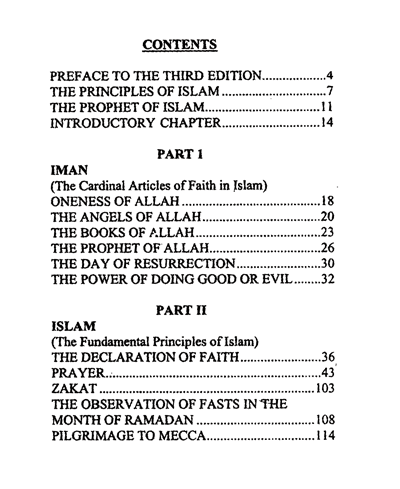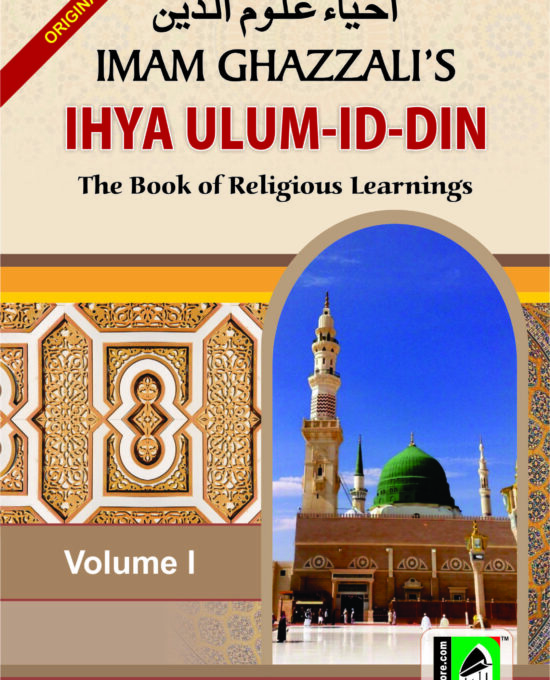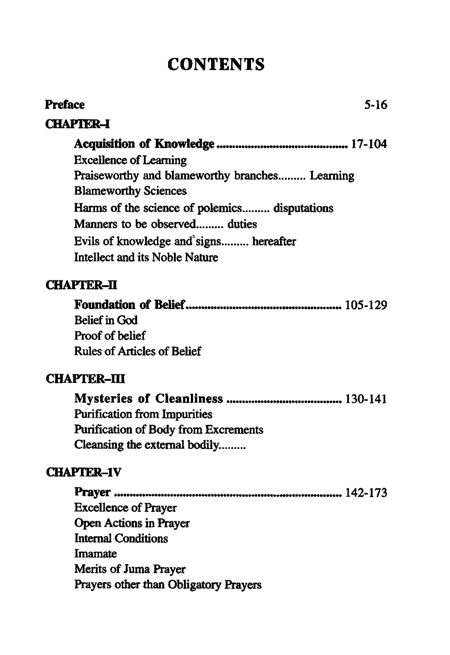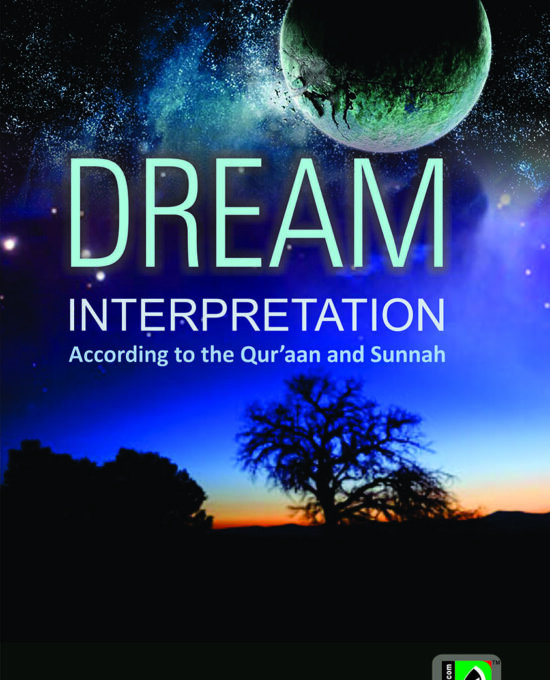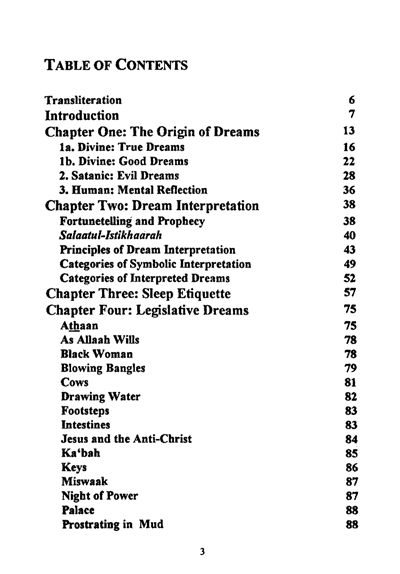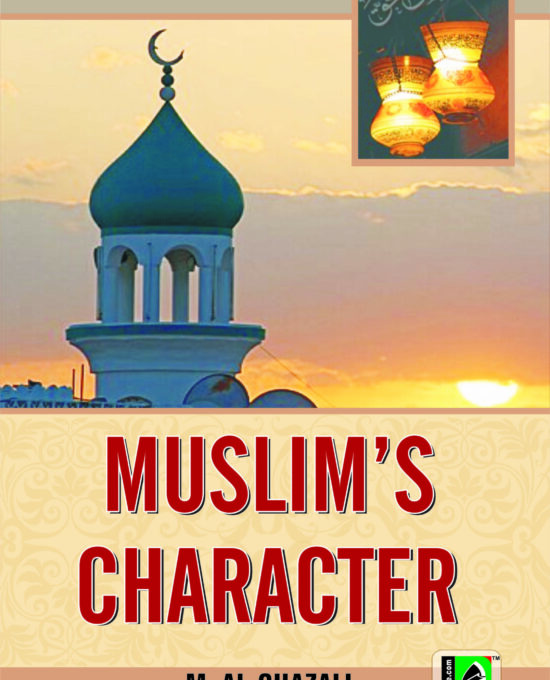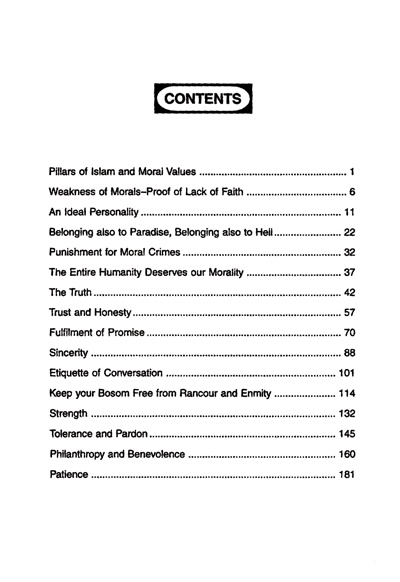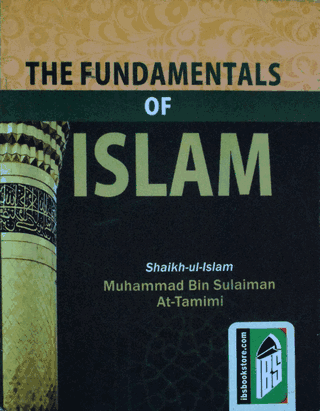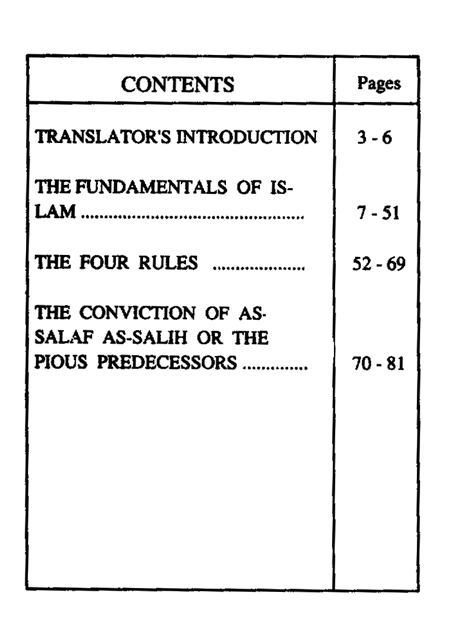Islamic Aadaab – (English) – (PB)
₹30.00
“All praise is due only to Allah Ta’ala, Sustainer of the worlds. And blessings and peace be upon our beloved Nabi Muhammad, the Seal of all Prophets and Messengers, and upon his Family and all his Noble Companions .
Our beloved Nabi Muhammad (Sallallaahu alaihi wasallam) was the teacher of Imaan, the teacher of ibaadaat (acts of worship), the teacher of ahkaam (laws of the Shari ‘ah), the teacher of akhlaaq (noble character), and the teacher of aadaab (etiquette). He taught, as well as practically demonstrated everything to-us, so that his umm ah could be educated by means .of his speech as well as his actions. The entire life of our beloved Nabi Muhammad (PBUH) was purely ta’leem and tarbiyah (teaching and moral instruction). From the time a person is born till he dies, how should he lead his life and with which type of character and manners should he adorn himself 4 on a personal and public level in society – the answers to all these : ,I can be found in the books of Hadith and Seerah (biography) of Rasulullah (PBUH).
Nowadays, people attach at least some importance to salaah and serum (fasting) but hardly any importance to akhlaaq and aadaab, which Rasulullah(PBUH) the Teacher of mankind, had laid so much of stress on. These aadaab and akhlaaq are not only in total conformity with the nature of man, but are also inseparable from it. The lifestyles of those who ignore and disregard the practices and teachings of Rasulullah(PBUH) in their manner of eating, drinking, sleeping, waling, dressing and covering of their bodies, etc. are in reality far removed from insaaniyah (human nature) and close to barbarism which is so evident nowadays.
This humble servant has prepared a concise and authentic collection of Islamic etiquette gathered from the books of Hadith, which is now in your hands. This booklet is brief and easy to learn, and a must for every home. Let our boys and girls Memorize these etiquette, which should be included in the syllabus for all students. We, as adults, should practise these aadaab, as well as make our children act upon them. If they fail to do so, then be firm on them and constantly encourage them not only to memorize these aadaab, but also to practise upon them.
Today, people have made the kumar of Europe and America their leaders and models in their manners of eating, drinking, dressing and other aspects of their day-to-day lives. In the name of fashion, they cling to all the ways and practices of these God-forsaken people that come before them, and with great zeal put them into practice. Indeed it is surprising that they have lmaan in Muhammadur Rasulullah (PBUH), the Leader of both worlds, yet they follow the ways of atheists and Christians. Many of them are so fanatical in their desire to ape these people that they regard it as a stigma to adopt the ways of Allah’s most beloved Nabi (PBUH) and feel that if they follow his Sun rah, people will call them names, point fingers at them and brand them as ‘backward’ and ‘old- fashioned’. Allaahu Akbar! What foolish thoughts these are!
If any rejecter or enemy of Isla m says something to us, or passes some remark about us because of practicing on the Sunnah, so what? The one on whom we have brought Imaan, we attach ourselves to him, heart and soul. He is our only master and we love and prefer only his way of life. His personal habits, like his manner of dressing, his outer appearance, in short, every aspect of his entire lifestyle, is our uniform. We belong to him and he belongs to us! To feel ashamed of following the example of our master is an inferiority complex and absolute stupidity.
Allah Ta’ala declares in the Qur’aan;
Say, (O Muhammad (PBUH) to mankind) “”If you (really) love Allah, then follow me. Allah will love you and forgive you your sins and Allah is Most Forgiving Most Merciful. “” . (Surah aal-Imraan : 31)
This verse teaches us that by following the life pattern of Rasulullah (PBUH), a person becomes the beloved of Allah Ta’ala. More than everything else, we need to become beloved and aCCepted in the sight of Allah Ta’ala. Our suCCess lies only in following the example of our master and proving our slavery to him by means of our actions.
Almost fifteen hundred years have passed since the revelation of the Qur’aan and the advent of Al1ah’s Messenger, Rahmatul lil aalameen (PBUH). Our Deen and lmaan are bound to the Qur’aan and the one to whom it was revealed 8. He is ‘old’ and so are we! What is wrong with this? Do not people of other cultures and nations imitate the lifestyle and outer appearances of their elders? They do not feel any disgrace in doing so and are proud to adopt the symbols of their creed or culture and even revive those practices of their elders that no. longer exist. Even though many of those whom they believe in came long before our Rasulullah (PBUH), why is it that they were not regarded as ‘backward’ but we have come to be ‘backward””? Think seriously! What is wrong with us that instead of learning about the lifestyle of our beloved master (PBUH), we learn about the ways of the enemies of our Deen and implement them?
Nevertheless, those who are anxious and serious about gaining the real respect and honour in the Aakhirah (Hereafter) are making every effort today so that they could be counted amongst the group of Rasulullah (PBUH) and be saved from disgrace tomorrow. Certainly the greatest disgrace is the disgrace in the Aakhirah, and the only way to save ourselves from this, is to hold fast to the ways of the Chief of the Ambiyaa (Alaihimus salaam) and of both the worlds Hadrat Muhammad (PBUH).
Dear Muslims! Lay down your lives for the sake of the Sunnah of your beloved Nabi (PBUH)!In the hope of gaining respect in the sight of the foolish people of this world, do not forget about your honour and respect in the Aakhirah! There, the disgrace and humiliation is indeed great and severe!
“”I only desire (your) betterment to the best of my ability. “” (SurahHood : 88)
A humble servant of Allah
Muhammad Aashiq Ilaahi Bulandshahri
4 Rajab 1395
“
10 in stock
This concise booklet contains of the personnel day to day adaab of or beloved Prophet (PBUH). A few relevant masnoon duas, etc, have also been included by the publishers for the benefits of the respectable readers. Whatever is mentioned in the text is the translation or meaning of the Hadith. At the end of every Hadith, whether it is narrated in the form of word or deed, reference to its original source has been provided.
Additional information
| Weight | 0.072 kg |
|---|---|
| Dimensions | 21.5 × 14.1 × 0.3 cm |
| Author Name / Translator | M. Ashiq Elahi |
| Published by | Islamic Book Service P. Ltd – India |
| ISBN | 8172313160, 9788172313166 |
| Binding Type | Paper Back |
| Publication Year | 2000 |
| Weight (kg) | 0.06 |
| Pages | 1-25+6 |
| Dimensions | 21.5cm x 14cm |
| Length (cm) | 21.5 |
| Width (cm) | 14.1 |
| Height (cm) | 0.3 |
| Printing Colour | 1 Col. |
| Book Language(s) | English |

